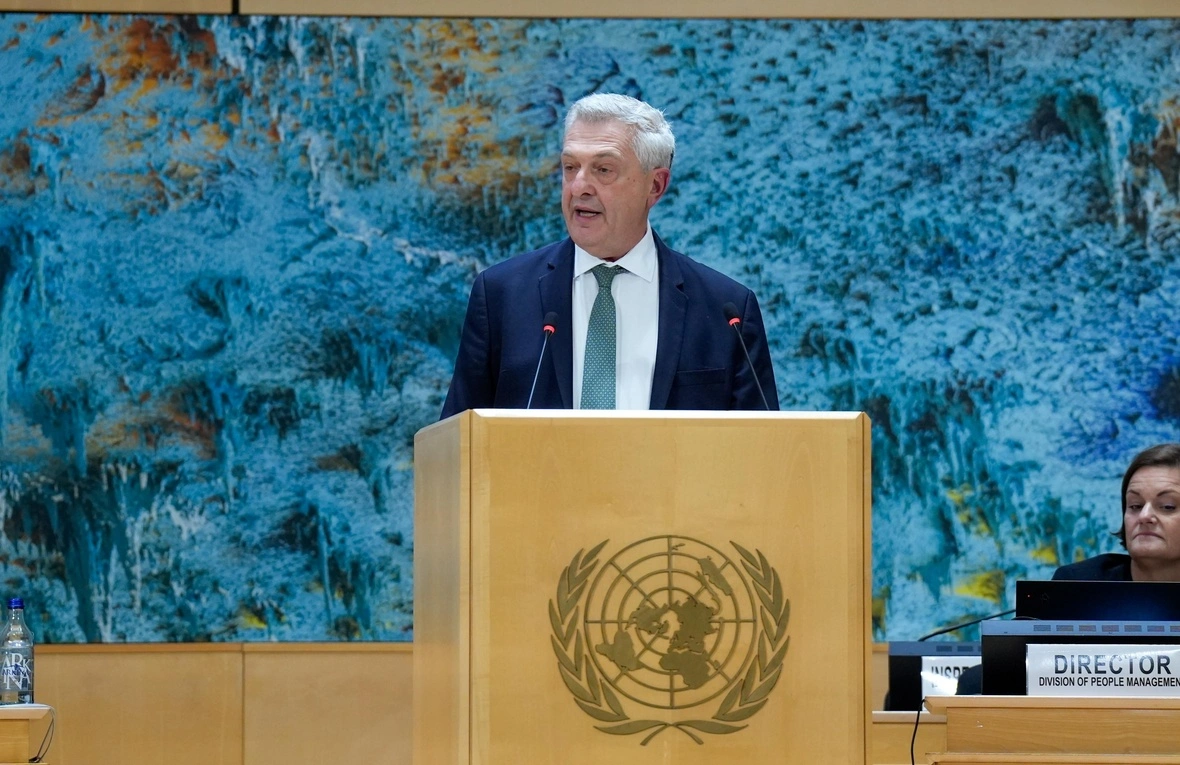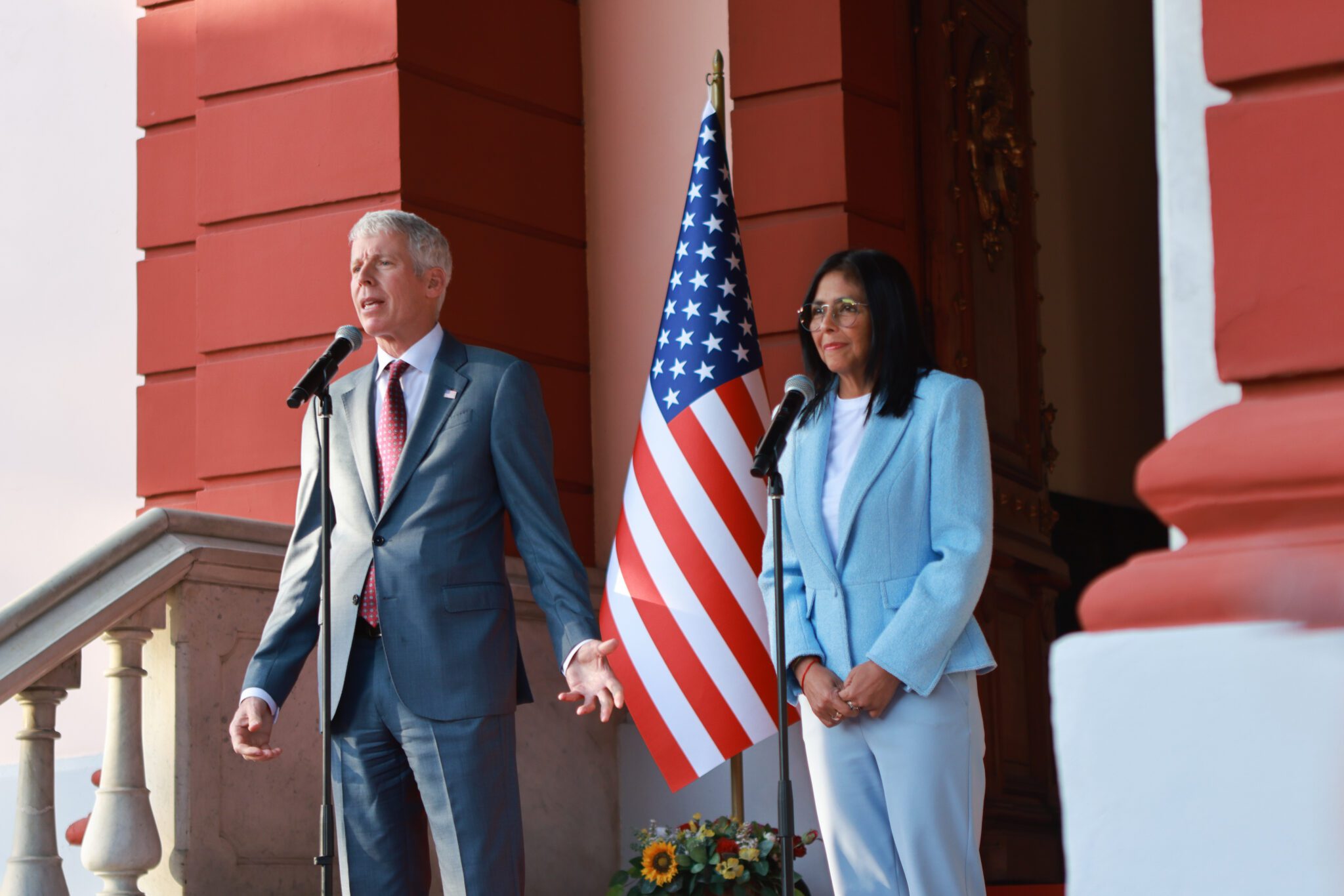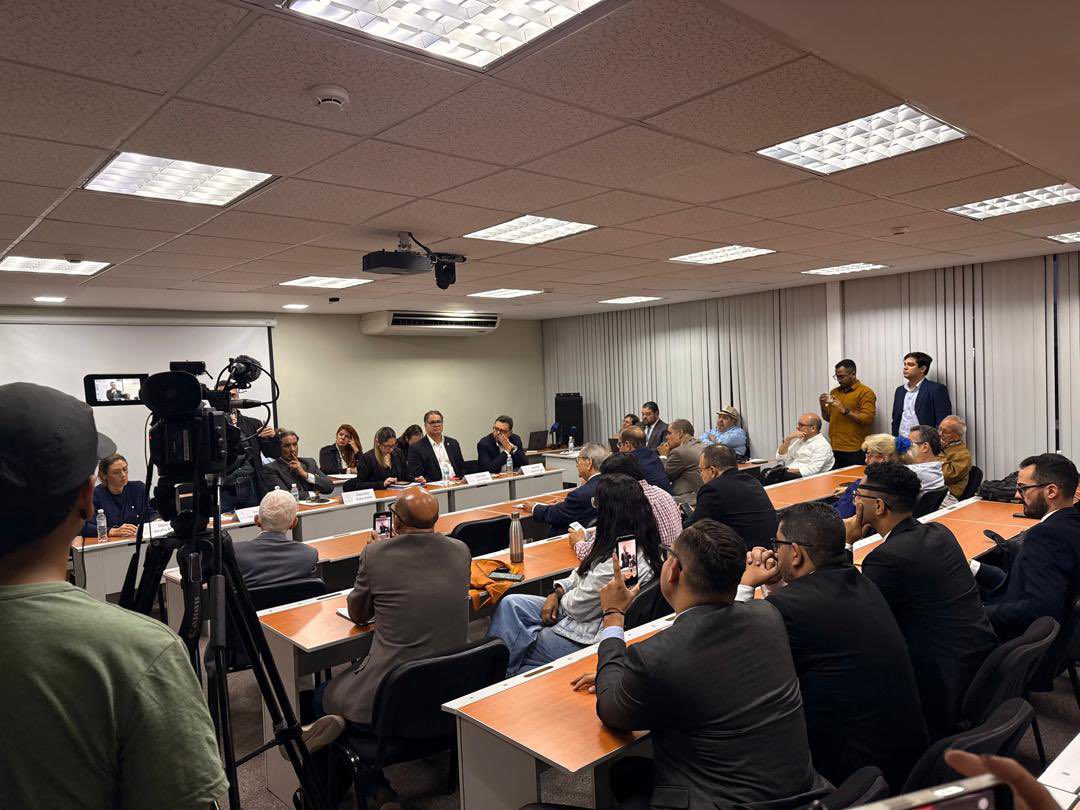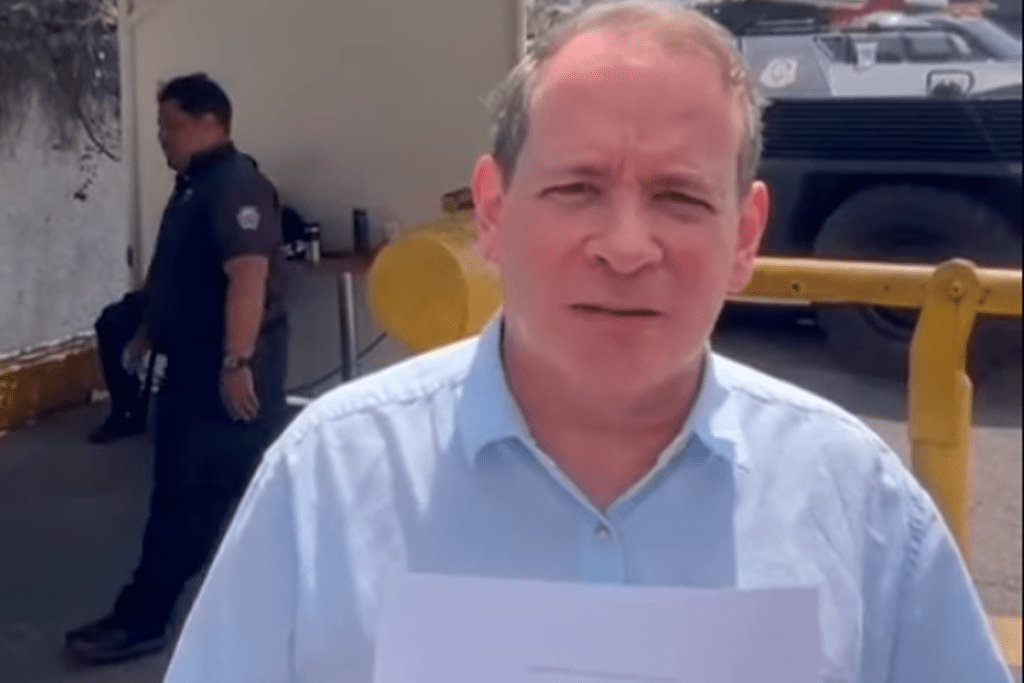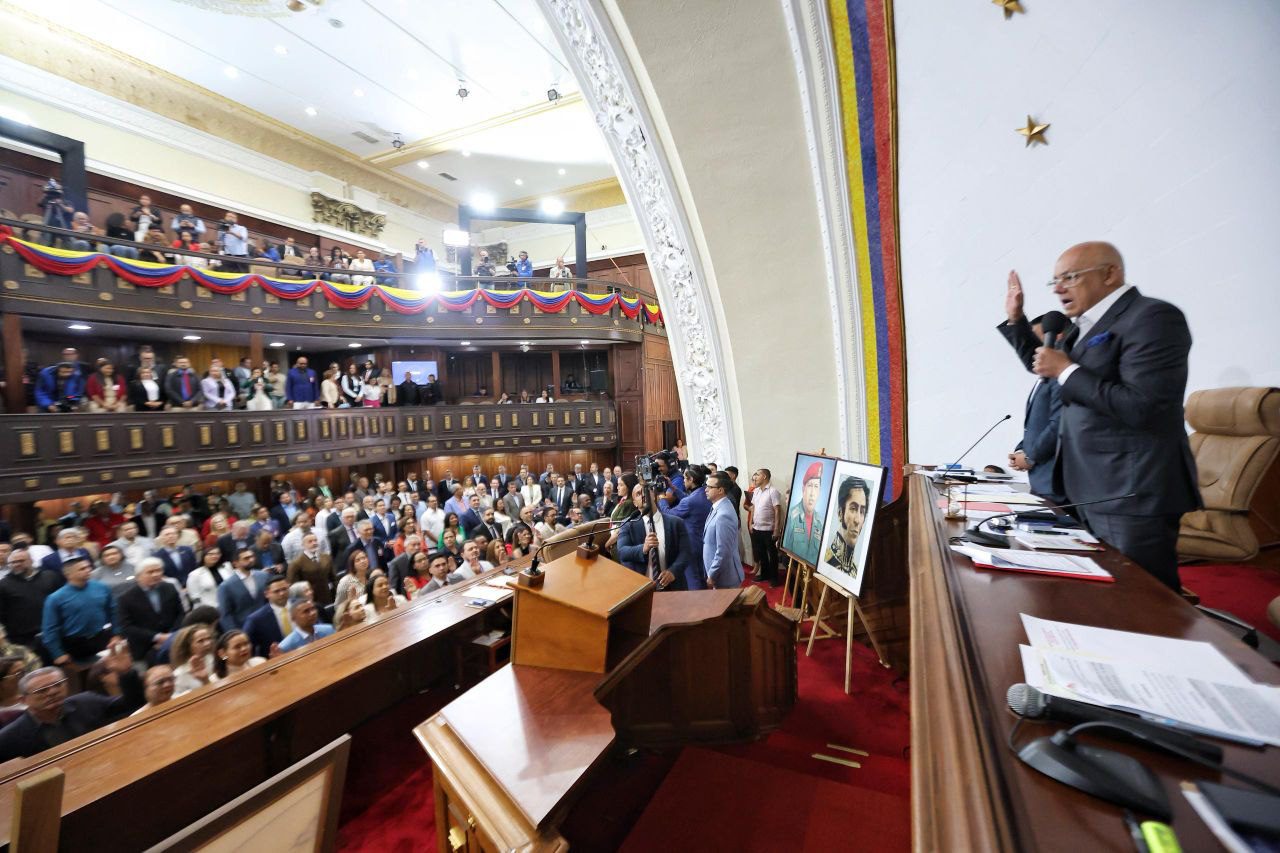High Commissioner Filippo Grandi expressed concern over a possible military escalation in the region and urged the countries involved to resolve their conflicts peacefully. Photograph: United Nations High Commissioner for Refugees.
Guacamaya, November 10, 2025 — The United Nations High Commissioner for Refugees (UNHCR) stated that the flow of Venezuelans leaving the country has remained stable since the beginning of U.S. military offensives in the Caribbean Sea. Filippo Grandi, head of the agency, noted that the South American nation’s exodus has not undergone any major changes despite the deployment and initial attacks.
“We have not seen a significant increase” in the number of Venezuelans leaving the country, Grandi told EFE in an interview from Belém, in the Brazilian Amazon, during the opening of the 2025 United Nations Climate Change Conference (COP30). The Italian diplomat added that “Venezuelans continue to leave for various reasons,” without observing major shifts.
The United States launched a military offensive about two months ago targeting vessels allegedly linked to drug trafficking, initially in the Caribbean Sea and later in the Pacific Ocean. With the recent sinking of two boats in the eastern Pacific this Monday, the operation has now resulted in over 70 deaths and raised concerns about potential ground incursions into Venezuela.
In response to the situation, Grandi called for the peaceful resolution of regional conflicts and expressed concern over a possible escalation. “Frankly, we hope that all differences between countries can be resolved peacefully, because we do not need another conflict in this region—or, for that matter, anywhere in the world,” he said.
According to UNHCR records, migration dynamics have remained unchanged, especially since intensifying after the wave of protests in 2017. The motivations behind this exodus appear to be primarily tied to Venezuela’s internal structure, marked by a prolonged political and economic crisis, rather than external threats.
To date, 7.9 million Venezuelans have left the country in search of protection and better living conditions, according to UNHCR data. Experts and international organizations agree that the lack of job opportunities, rampant inflation and currency disparity, and institutional deterioration remain the key drivers of migration.
Venezuelan Public Perception of the Military Escalation
Some surveys indicate that a significant portion of the Venezuelan population does not express panic or expectations of an impending armed conflict. Polling firms such as Datanalisis, Hinterlaces, and DataViva agree that over 90% reject the idea of military escalation. However, the first pollster has only issued an official mention rather than a full publication, and the latter two are aligned with the government’s narrative.
Still, there are no major statistical studies suggesting an opposing trend. Only the outlet Datos es Noticia published a WhatsApp-based poll among its readers, revealing that 7 out of 10 citizens support U.S. military maneuvers. Among the diaspora, support was even stronger, with over 95% backing the military deployment.
Despite the lack of reliable data, both pro- and anti-deployment stances factor into the analysis of the unchanged migration flow. On one hand, there may be a normalization of crisis scenarios and fatigue toward conflict. On the other, though less likely, some may choose to remain in the country in hopes of political change.
Thus, the U.S. military deployment in the Caribbean—potentially signaling an escalation in international tensions—has not substantially altered Venezuela’s migration reality. Neither fear of armed conflict nor the immediate expectation of political change has shifted the exodus. Instead, this phenomenon remains deeply rooted in Venezuela’s sociopolitical complexity.

